The Glass Menagerie
When the 2014 Belvoir season was announced, The Glass Menagerie looked like a mouth-watering proposition. A director at the top of his game with triumphant productions of Angels in America (2013) and Once in Royal David’s City (2014) under his belt would combine with an exceptionally talented cast to stage Tennessee Williams’s first great theatrical success. What could go wrong? Nothing, according to some reviewers who have already nominated this production as the best of the year. It gives me no pleasure to be the curmudgeon in the corner radiating disappointment.
Gore Vidal wrote of Williams that he ‘could not possess his own life until he had written about it’. The Glass Menagerie (1945) is the most overtly autobiographical of all his plays. Williams wrote to the producer Margo Jones that finishing the play was ‘an act of compulsion, not love. Just some weird necessity to get my sister on paper.’ Williams was haunted by the fate of his sister Rose; a woman who was considered severely disturbed and who was subjected to an early – almost experimental – lobotomy which left her in a permanently childish condition. It seems, however, that what he was portraying was not so much the actual pre-lobotomy Rose, who was by all accounts quite aggressive and hysterical, but what he saw as her essence: a romantic fragility at odds with the harsh reality of the world.
Continue reading for only $10 per month. Subscribe and gain full access to Australian Book Review. Already a subscriber? Sign in. If you need assistance, feel free to contact us.



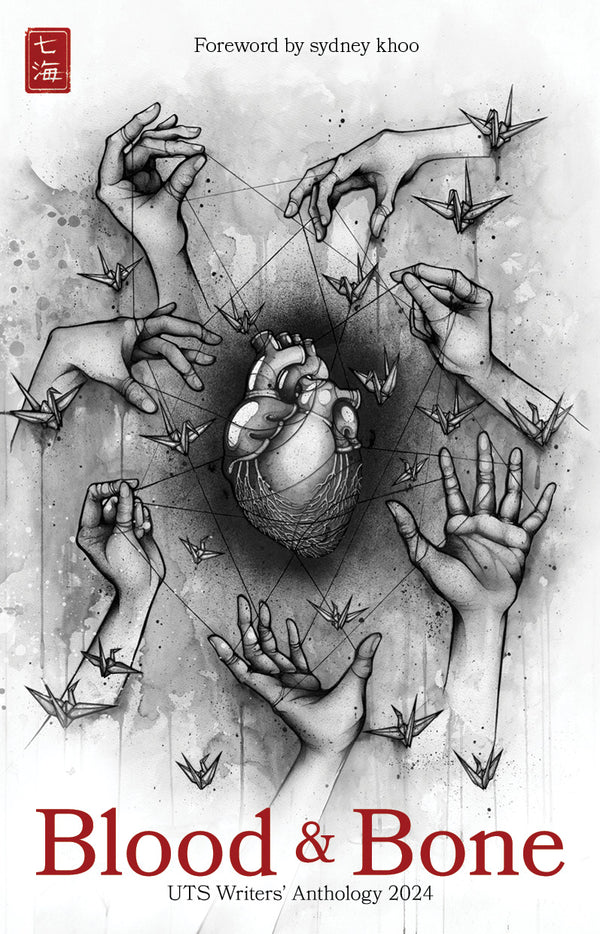
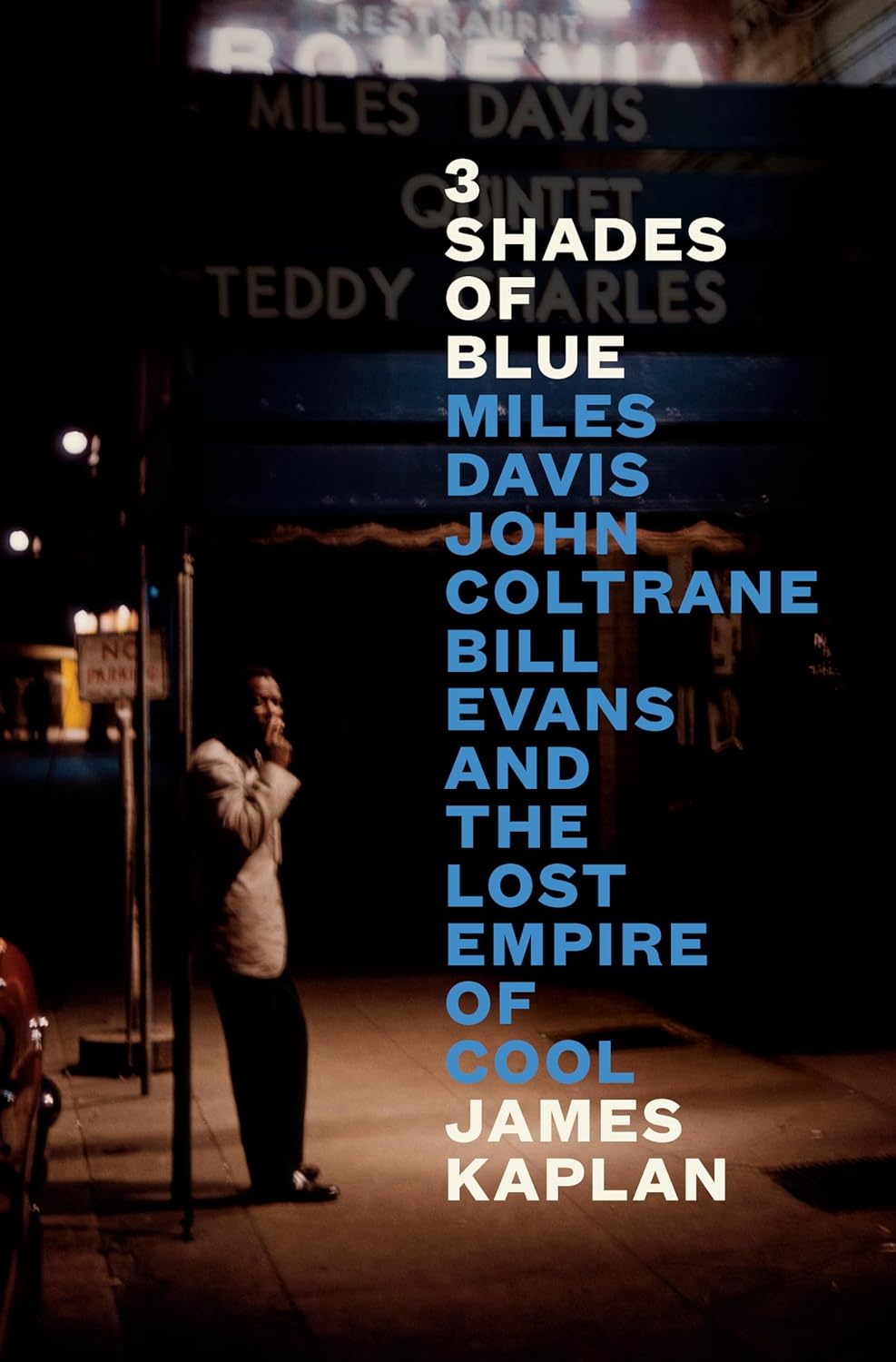

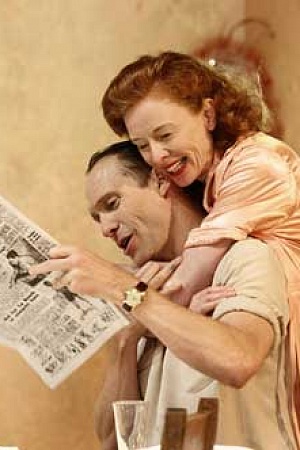
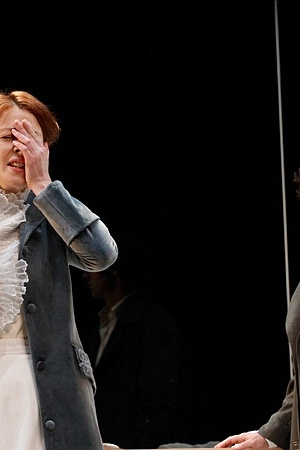
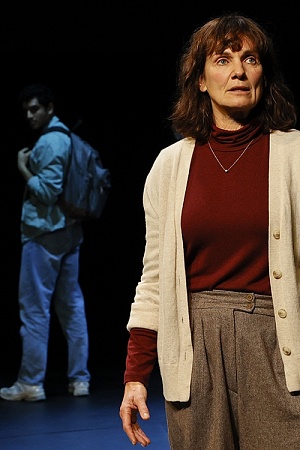

Leave a comment
If you are an ABR subscriber, you will need to sign in to post a comment.
If you have forgotten your sign in details, or if you receive an error message when trying to submit your comment, please email your comment (and the name of the article to which it relates) to ABR Comments. We will review your comment and, subject to approval, we will post it under your name.
Please note that all comments must be approved by ABR and comply with our Terms & Conditions.